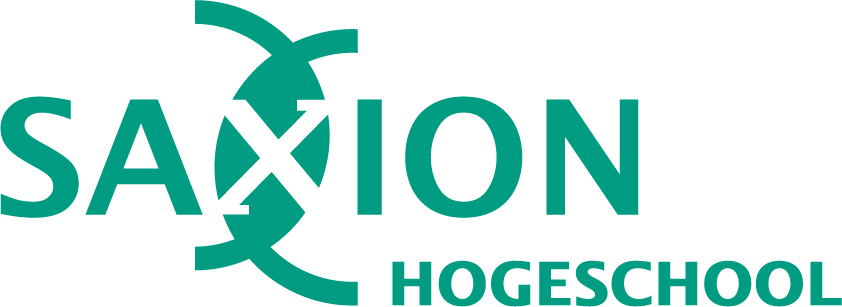For successful completion of a Professional Doctorate, the candidate is expected to deliver a "substantial body of work". Evidence of this is collected into a Portfolio throughout the program and assessed three times based on a pre-determined timeline. The candidates’ Portfolio proves that progress in their research and growth in the three roles of researcher, innovator and professional qualifies them to graduate at EQF Level 8. They reflect the candidate’s ability to design/research/test/implement and evaluate interventions and transfer the accumulated knowledge of this research process inside and outside the related LTH environment.
A completed portfolio should contain:
The minimal duration for a full time PD trajectory is expected to be 3 years. A part time PD candidate trajectory may have a longer duration, depending on the time dedicated to the PD research.
The PD candidate is supervised by a team of supervisors selected and appointed by the Graduate Committee. The candidate will frequently interact with the stakeholders to develop a clear perspective on the research problem, to develop relevant new professional practices, knowledge or interventions and to assess the impact of these.
PD candidates will benefit from working with senior graduates in the LTH Graduate Network. This is the group of collaborating lecturers and senior researchers who, together with aspiring PhD students and aspiring PD students, form an active and close international network of LTH researchers. They are therefore part of a “learning community of practice”.
PD candidates will benefit from working with senior graduates in the LTH Graduate Network. This is the group of collaborating professors and senior researchers who, together with aspiring PhD students and aspiring PD students, form an active and close international network of LTH researchers.
To ensure the national quality assurance for the University of Applied Sciences Professional Doctorate, a committee will be formed: the Professional Doctorate Validation Committee. PD programmes will be assessed with regard to quality and certified by the PD VaCo.






